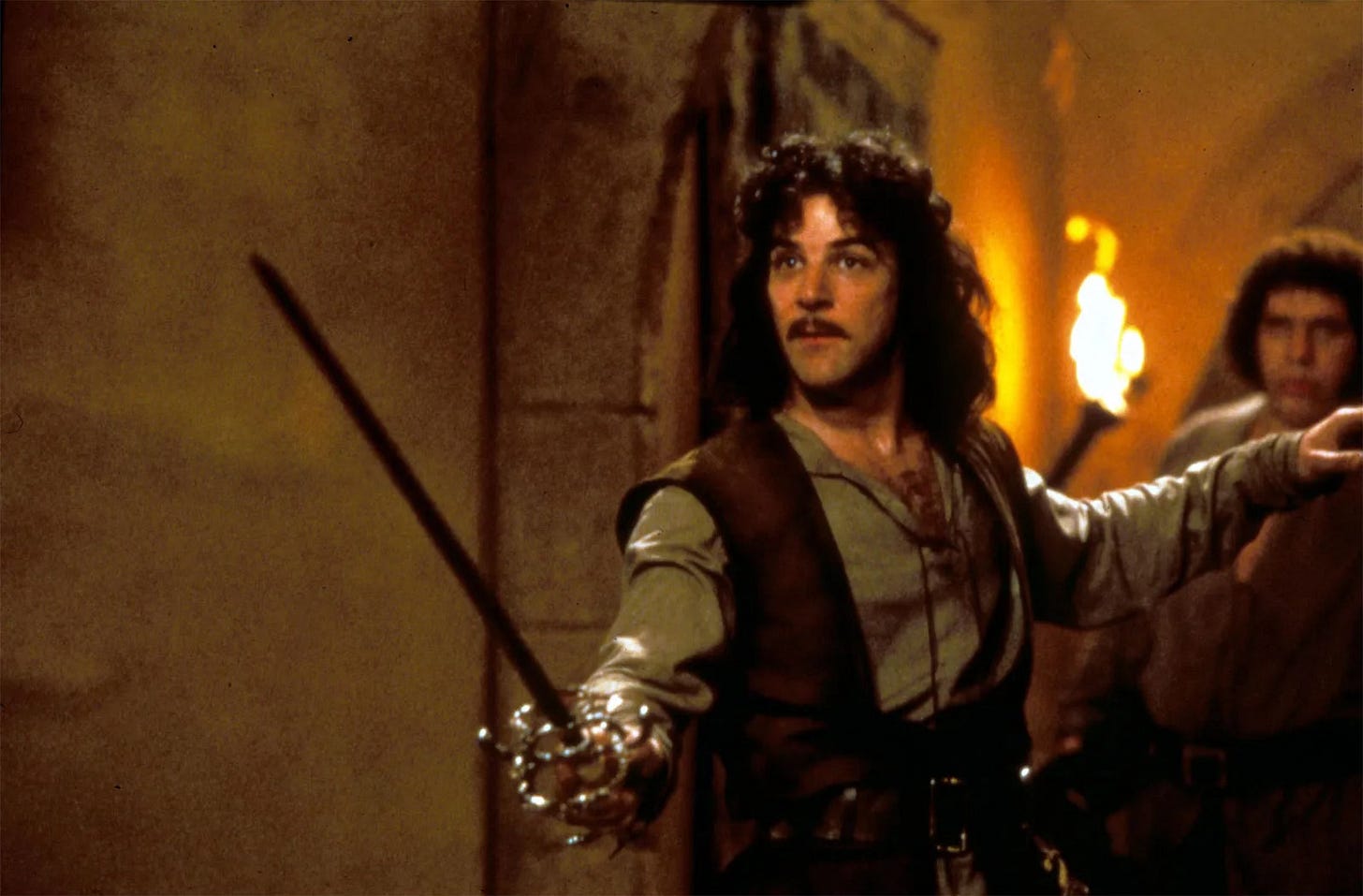Throughout the year, I face a few seasonal events of sadness and moderate despair. Sometimes I am acutely aware of the source of those; sometimes it feels more diffuse and also hard to contain.
So let’s say I wake up dreading the day while being aware that this is the case because my estrogen levels just dropped or something of the like. My period tracking app can often predict that I’ll be feeling insular or down. While that doesn’t necessarily help me feel more chipper when I’m encircled by a cloud of sadness, I suppose I feel justified in believing I’ll manage to ride that out soon enough. But then again, knowing that is not necessarily helpful, because though the app suggests that I isolate and focus on self-care for the day, this usually comes on days where I have to be at work by 6:30 a.m. to teach a class on Sir Gawain and the Green Knight. The demands of capitalism and the workforce, etc.
But then, there are waves of sadness that do not necessarily fall into the hormonal chaos category. I feel that growing up does not necessarily mean becoming disillusioned of one-hundred-per-cent sceptical, but to survive adulthood you do need to become at least a little bit jaded in your dealings with fellow humans. We are famously disappointing. So as a rule, I train myself not to expect much from most. Blessed with a few amazing close friends, I cocoon myself in a circle of people who care a lot, but when I’m floating in the sadness cloud I do feel the carelessness of the world a bit more acutely. Isn’t it sad that we train ourselves not to care too much or at all? I am haunted by that one scene in Succession:
You’ve been careless of me.
- Marcia Roy
You know, as I ride a wave of sadness, I try to not make it into an existential crisis, but life keeps unfolding as we live it and one cannot always help it. So as I’m sure I can often disappoint, people also disappoint me. And this is wonderful in a way. To see that though I train myself not to expect, well, anything, I mostly still do. Surviving life is no joke and I feel that we mostly need to forgive each other again and again not to end up alone. Everyone has their own limits, though, and the funny thing is that your boundary is not always something wholly clear-cut. There is never a way to predict all the horrible ways somebody can hurt you so that you make a list of the things that might tear you apart, but if life is all about sensation and experience, even the most hurtful experiences can end up being invigorating in their own ways. The older I get, the more aware I am of how adulthood is a bit of a scam. It’s a relief not knowing, when you are seven, that most adults are absolutely incompetent at being adults. About one-third of them are too nostalgic to function; the second third are desperately trying to fill the void with attention, money, power, or sex. The final third are a miscellany of people putting on a brave face to perform adulthood but still feeling absolutely terrified of it, which I can respect. So we smile, and we wave, nothing to see here, just a normal adult!
I have no manual to share on how to break through the sadness cloud. Personally, I deal with it in various ways. Sometimes, what I need is to watch about five episodes of Veronica Mars without talking to anyone. Sometimes, I’ll read the silliest romance novel or watch a romcom. Talking it out with a friend is always a major boost. This time, I decided to rewatch The Princess Bride, and isn’t it a marvel how works of art, even, or maybe precisely, those that are not proposing to be too aesthetically daring or philosophically complex are the ones with most to say about ourselves? I’ve written here of my attachment to Jim Henson’s Labyrinth. The Princess Bride, in all its fairytale-ness, helped me reground myself this time.
Inigo Montoya, famously one of Mandy Patinkin’s favourite characters to play, spoke to me a lot this time around. There’s something quite earnest about him amid all the romance, comedy and action shenanigans. I agree with Patinkin that there’s something to be said about his final line, where Inigo recognises that revenge, even when accomplished, does not necessarily bring about any kind of actual satisfaction. I am so amazed by how this character - secondary to the romantic plot - is still so profoundly engaging on his own right. When the Six-Fingered-Man thinks he has defeated Inigo, Montoya rises again. There something powerful in prevailing in the direst of circumstances, so when he keeps repeating - My name is Inigo Montoya. You killed my father. Prepare to die. - one cannot help but cheer him on. Since life is not a fairytale, I suppose the real world equivalent would be something along the lines of don’t let the bastards get you down! So don’t.
a few extra tidbits
I have just finished reading Janice Hadlow’s The Other Bennet Sister and will publish a review for it on my blog. There were some very high highs and some very low lows.
There’s a new video on my channel about Paulo Freire’s Pedagogy of the Oppressed. Here’s a link if you’d like to have a look.




"The older I get, the more aware I am of how adulthood is a bit of a scam."
Yup, sounds about right *_*